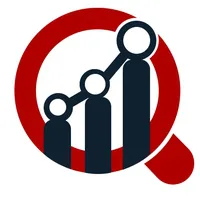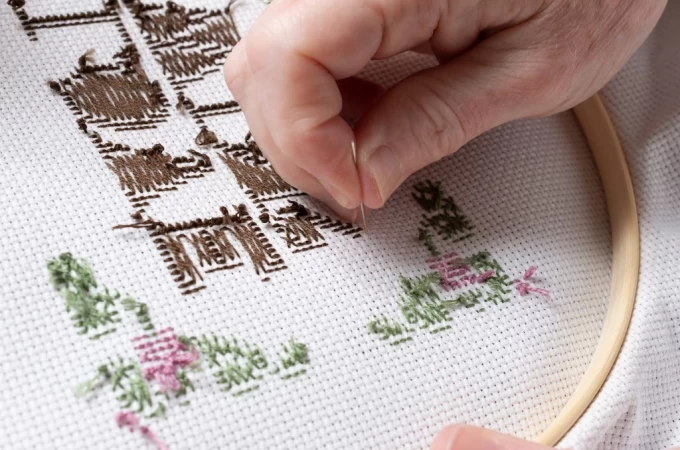Global Allergy Immunotherapy Market Research Report: Information, by Allergy Type (Allergic Rhinitis, Allergic Asthma, Peanut Allergy, Cat Allergy and others), Treatment (Sublingual Immunotherapy, Subcutaneous Immunotherapy (SCIT) and Specific Immunotherapy (SIT)) and Region (Americas, Europe, Asia-Pacific and Middle East & Africa) - Forecast till 2023
The Allergy Immunotherapy Market Size is predicted to touch USD 4, 324.7 million at a 10.85% CAGR between 2016-2023, reveals the latest Market Research Future (MRFR) report. Allergen immunotherapy or allergy shots, simply put, is a long-term treatment that helps in decreasing symptoms for many with stinging insect allergy, eye allergy, allergic asthma, and allergic rhinitis. Its effectiveness rests on the dosage of the allergen and the duration of the treatment program. This treatment is generally recommended for those suffering from severe allergy symptoms, not responding to usual medications. Allergy immunotherapy is also effective for those having side effects from medications, those for whom allergies have become life-threatening, and people finding their lives disrupted by allergies. Moreover, it also helps in reducing the severity of reactions resulting from insect stings.
Various factors are propelling the allergy immunotherapy market growth. These factors, as stated by the latest Market Research Future (MRFR) report, include increasing clinical trials, new approvals, and R&D activities, growing number of allergic patients, creation of new products for curing allergies, increased flow of capital, growing awareness regarding the advantages of allergy immunotherapy, and growing incidence of allergies such as food allergy, asthma, and allergy rhinitis. Moreover, technological advancements and the growing number of companies collaborating with independent research centers and hospitals for developing innovative and new immunotherapy technologies are also adding to the growth of the market.
On the flip side, limited applications of allergy immunotherapy and restricted healthcare spending are factors that may deter the allergy immunotherapy market growth over the forecast period.
Allergy Immunotherapy Market Key Players
Major players profiled in the allergy immunotherapy market report include HAL Allergy Group (Netherlands), Stallergenes Greer (UK), ALK Abello A/S (Denmark), DBV Technologies (France), Circassia (UK), Merck KGaA (Allergopharma) (Germany), and Allergy Therapeutics (UK), among others.
Allergy Immunotherapy Industry News
October 2019: A graduate student from the department of immunology in the Max Rady College of Medicine has developed a new drug for combating allergic asthma.
Allergy Immunotherapy Market Segmentation
The Market Research Future report provides an all-inclusive segmental analysis of the allergy immunotherapy market on the basis of treatment and allergy type.
Based on allergy type, the allergy immunotherapy market is segmented into peanut allergy, allergic rhinitis, allergic asthma, cat allergy, and other allergies. Of these, the allergic rhinitis segment will have the largest share in the market during the forecast period chiefly owing to its growing prevalence among children and adults alike.
Based on treatment, the allergy immunotherapy market is segmented into specific immunotherapy (SIT), subcutaneous immunotherapy (SCIT), and sublingual immunotherapy. The sublingual immunotherapy segment is again segmented into sublingual immunotherapy drops and sublingual immunotherapy tablets. Of these, the subcutaneous immunotherapy segment will dominate the market during the forecast period. Factors pushing the growth of this segment include its effectiveness in treating various types of allergies, such as asthma. Moreover, this is a treatment option that alters the immune system for preventing the development of other types of allergies.
Allergy Immunotherapy Market Regional Analysis
By region, the allergy immunotherapy market report covers the latest trends and growth opportunities across the Americas, the Middle East and Africa, the Asia Pacific, and Europe. Of these, Europe will dominate the market over the forecast period. Factors pushing the growth of the allergy immunotherapy market in the region include increasing incidence of various chronic diseases such as hypertension, diabetes, allergy, and asthma, growing awareness about allergy immunotherapy treatments, and elevated occurrence of skin allergy and allergic rhinitis.
The allergy immunotherapy market in North America is predicted to have a healthy growth over the forecast period owing to increasing awareness about allergy as well as its treatment along with the availability of effective products.
The allergy immunotherapy market in the APAC region is predicted to have a significant growth during the forecast period for rising awareness of treatments coupled with mounting healthcare spending.
The global allergy immunotherapy market in the Middle East and Africa is predicted to have a small growth over the forecast period.






